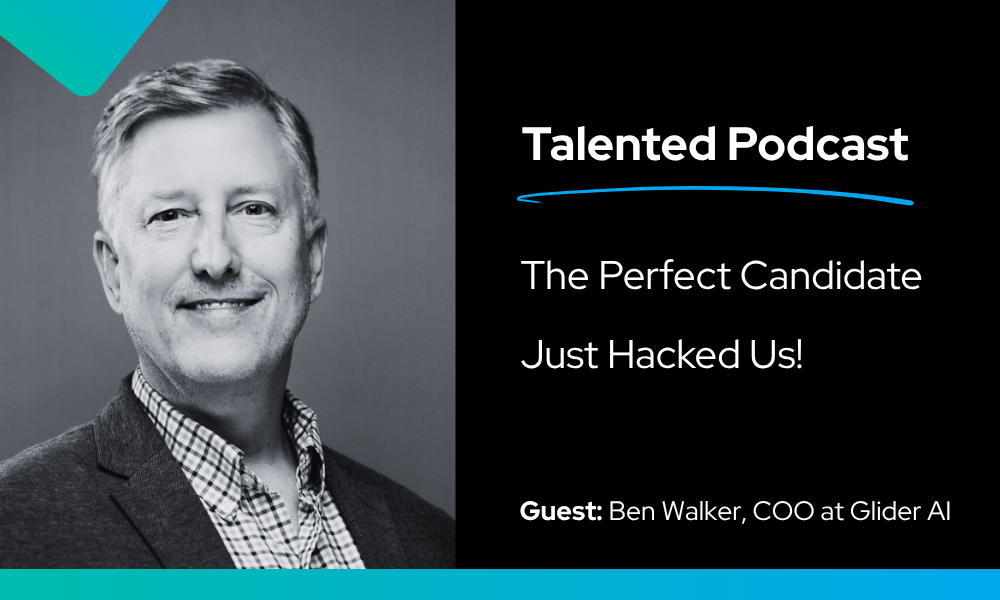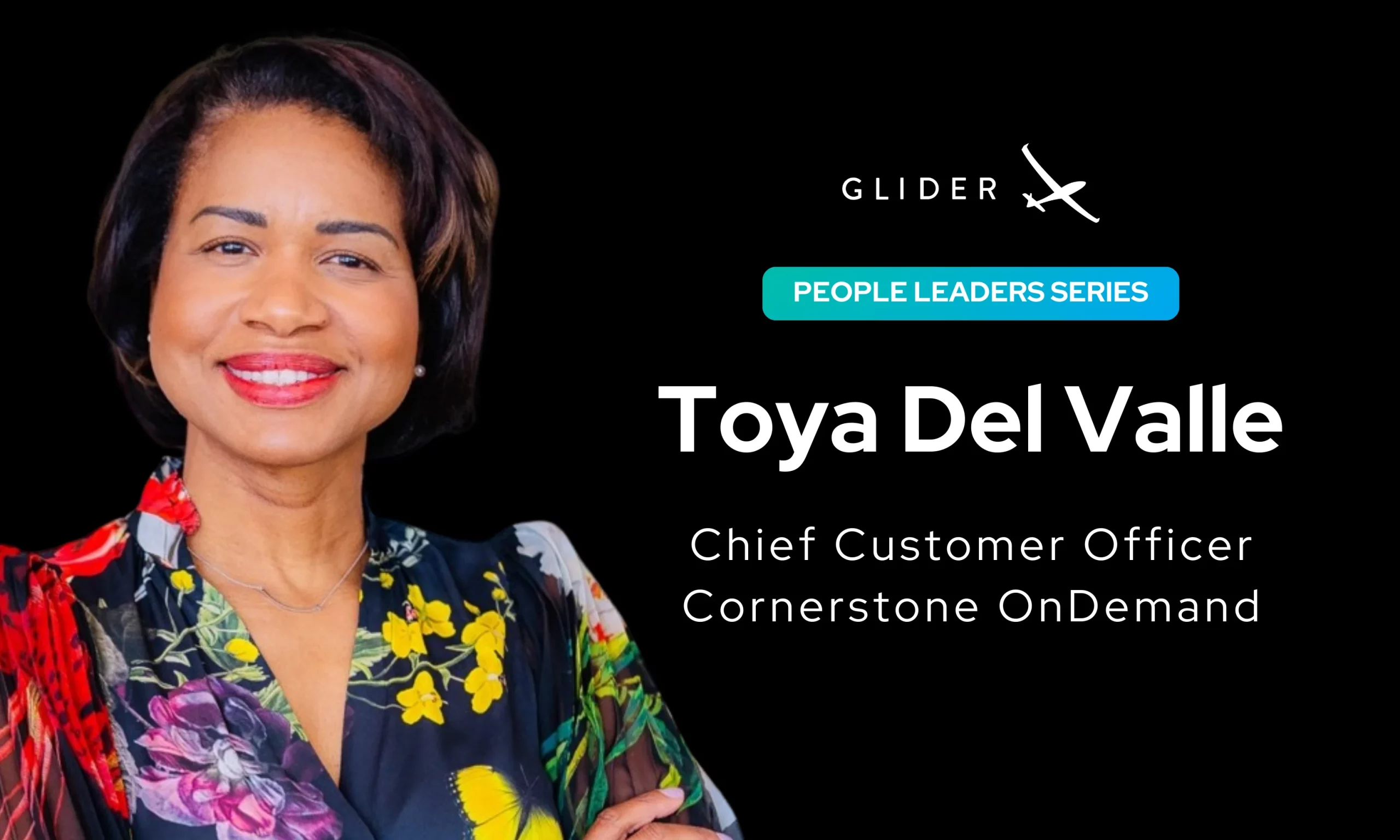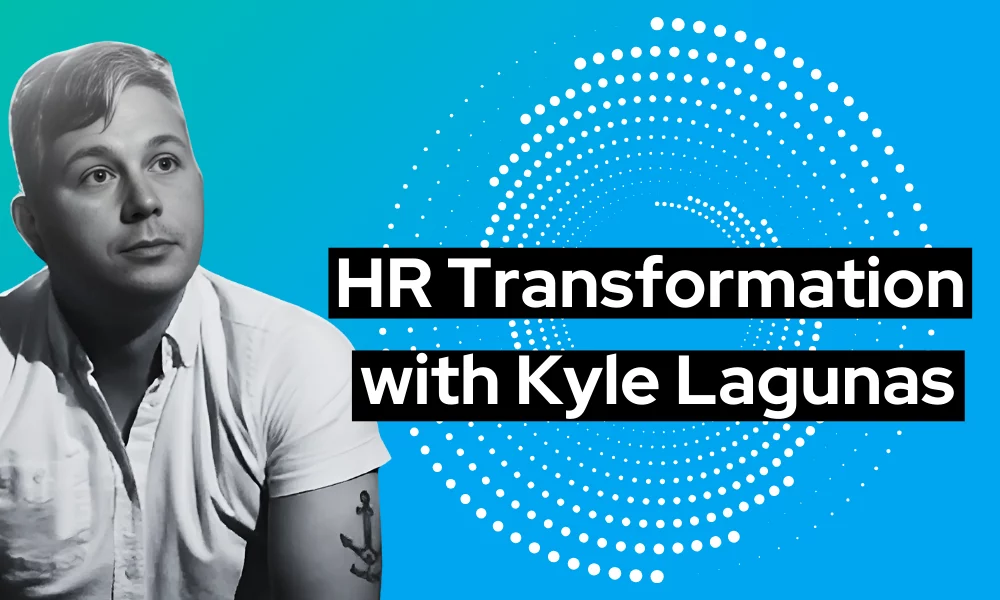
Make talent quality your leading analytic with skills-based hiring solution.

Screening interviews are a crucial first step in the hiring process, serving as an initial filter to identify the most promising candidates. Whether you’re facing a traditional phone call, an AI screening interview, or a video conference, being well-prepared can make a significant difference. Here’s how to prepare for a screening interview and make a great first impression.
Screening interviews are designed to assess whether you meet the basic qualifications for the role. Recruiters typically focus on your resume, skills, and basic fit for the company. This stage is about verifying your credentials and determining if you should proceed to the next round.
One of the most important steps in preparing for a screening interview is thorough research. Understand the company’s mission, values, and recent developments. Familiarize yourself with the job description and identify how your skills and experiences align with the role. This knowledge will help you tailor your answers and show genuine interest in the position.
While every screening interview is different, there are common questions you can expect:
Prepare concise and compelling answers to these questions. Practicing out loud can help you articulate your thoughts more clearly during the interview.
With advancements in technology, AI screening interviews are becoming more prevalent. These interviews use algorithms to assess your responses and may include video recordings, voice analysis, and even game-like assessments. Here’s how to prepare:
During the screening interview, focus on your key achievements that are relevant to the role. Use the STAR method (Situation, Task, Action, Result) to structure your responses, making it easier for the interviewer to understand your contributions and impact.
Having thoughtful questions prepared shows your interest in the role and company. Ask about the team structure, company culture, or specific responsibilities of the job. This not only provides you with valuable information but also demonstrates your proactive approach.
Nerves are natural during an interview, but staying calm and confident is crucial. Take deep breaths, listen carefully to the questions, and take a moment to think before you respond. Confidence in your abilities will help you present yourself effectively.
After the interview, send a thank-you email to express your appreciation for the opportunity. Reiterate your interest in the role and briefly mention why you are a good fit. This leaves a positive impression and keeps you on the recruiter’s radar.
Preparing for a screening interview involves a combination of research, practice, and confidence. By understanding the purpose of screening interviews, researching the company, practicing common questions, and preparing for AI screening interviews, you can increase your chances of moving forward in the hiring process. Remember to highlight your key achievements, ask insightful questions, and follow up with a thank-you note. With these strategies, you’ll be well-prepared to make a strong first impression and advance to the next stage of your job search.

“The Perfect Candidate Just Hacked Us”: Inside the Global Playbook of Hiring Fraud That 100% test score might be your biggest red flag. Enterprise breaches don’t always start with phishing emails; sometimes, they start with a fake job interview. In this episode of Talented, Joseph Cole sits down with COO Ben Walker to unpack one […]

Can HR Stop Playing Buzzword Bingo with Skills and AI? If you’re an HR or TA practitioner or work in HR Tech in any capacity, AI and Skills-Based Hiring is what everyone is talking about. The problem? All the talk is diluting the importance of two very interrelated topics. Glider AI sponsored the Transformation Realness […]

Q&A with HR/TA Analyst Kyle Lagunas The traditional playbook that was HR is being rewritten. AI is reshaping work, skills-based strategies are transforming hiring, and HR teams are under pressure to deliver more with less. HR isn’t just about managing people anymore—it’s about engineering the future of work. In this Q&A session, Kyle Lagunas and Joseph […]